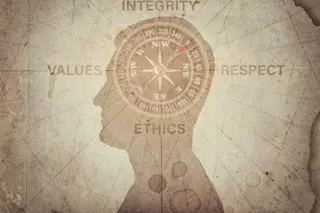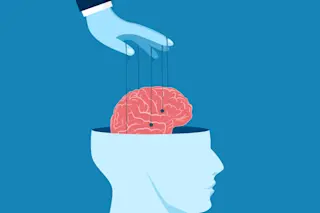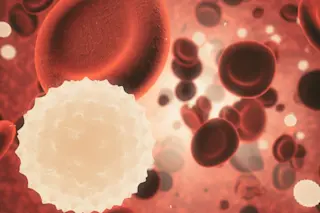Are we naturally moral or are we taught to be moral? That is the question researchers at Osaka University in Japan are looking to answer. In partnership with Otsuma Women’s University, NTT Communication Science Laboratories and the University of Tokyo, researchers analyzed 8-month-old infants and their ability to shame the wrongdoing or anti-social behavior of a third party. The findings, recently published in Nature Human Behavior, found that infants could possibly “punish” negative third-party actions.
According to the study, anti-social behavior is only seen in humans and is found across all cultures – but there is little data on whether morality is a learned behavior or if it is intrinsic.
“Morality is an important but mysterious part of what makes us human,” says the lead author of the study Yasuhiro Kanakogi in a press release. “We wanted to know whether third-party punishment of antisocial others is present at a very ...















